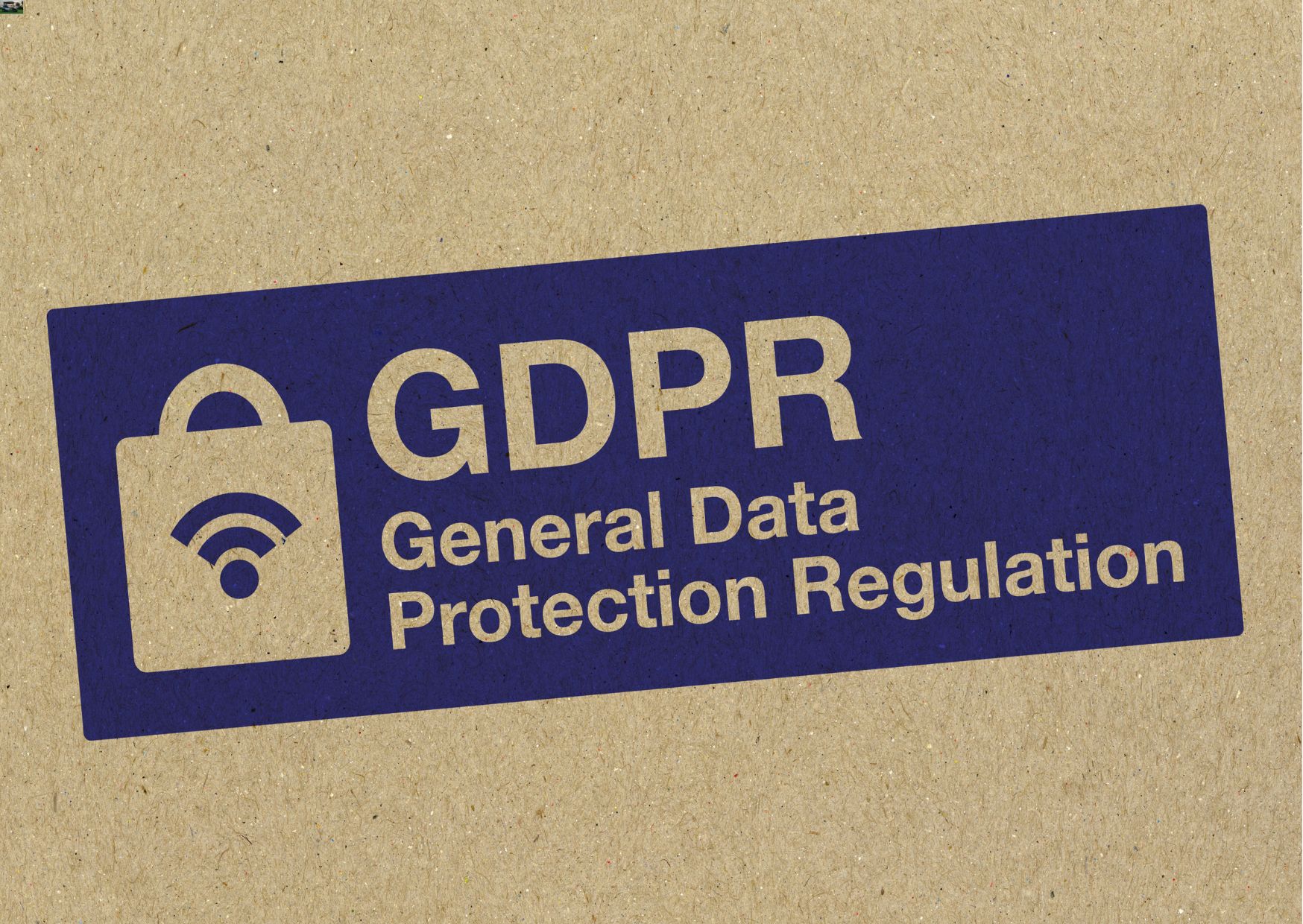To become a Data Protection Officer includes supervising data protection initiatives and compliance with data protection rules, such as the GDPR and the CCPA. To become a Data Protection Officer, you are involved in the organisational privacy process and foundation.
What Are the Main Types of Data Protection Officers?
Corporate Data Protection Officers
To become a Data Protection Officer, you ensure that a firm or organisation is complying with all data protection law obligations (by undertaking informational data mapping, monitoring data processing operations, and handling decisions about data subject requests, for example).
Public Sector Data Protection Officers
The role of the public sector DPO, by contrast, is to ensure that government agencies and public bodies comply with data protection obligations; coordinate responses to and investigations of data breaches, and provide expertise and advice regarding data protection matters.
Healthcare Data Protection Officers
To become a Data Protection Officer in hospitals and other healthcare providers are called healthcare DPOs – they make sure that those organisations comply with data protection at all steps of the process of providing care, as well as protecting patient data and overseeing data breaches.
Financial Data Protection Officers
Financial DPOs would ensure that banking, insurance or other financial institutions comply with obligations under data protection law, deal with data breaches and protect customer data.
What Does a Data Protection Officer Do?
Monitoring Compliance with Data Protection Laws
DPOs monitor organizational compliance with data protection laws and internal policies.
Advising on Data Protection Impact Assessments (DPIAs)
To become a Data Protection Officer, you advise DPIAs to identify and mitigate data protection risks in new projects.

Conducting Audits and Ensuring Data Protection Policies Are Followed
DPOs conduct regular audits to ensure compliance with data protection policies and procedures.
Providing Training and Awareness Programs for Staff
To become a Data Protection Officer, you provide training and awareness programs to educate staff about data protection obligations.
Acting as a Contact Point for Data Subjects and Regulatory Authorities
DPOs act as a point of contact for the controller and processor – upon their request or if the DPO determines it necessary – to handle requests from and complaints by data subjects and/or the Supervisory Authority.
Handling Data Breaches and Ensuring Timely Reporting
To become a Data Protection Officer, you manage data breaches and ensure timely reporting to regulatory authorities and affected individuals.
Average Data Protection Officer Salary
Salary Ranges Based on Experience and Location
Salaries in the Data Protection Officer position vary considerably by experience, location and sector. A typical first-time Data Protection Officer in the UK can earn up to £35,000 to £50,000 per year gross salary, whereas a typical presidential-level or director-level Officer in the US can earn a salary of $70,000 to $90,000 per year, reaching £50,000 to £70,000 or even €100,000 in the UK.
As experience grows, a typical mid-level DPO in the UK can earn salaries of £50,000 to £70,000, whereas a typical vice-presidential or fiscal-level Officer in the US can earn up to $90,000 to $120,000 per year. Upper-level DPOs in the UK or high-profile roles can reach salaries of £70,000 to £100,000 or more per year, whereas in the US the upper levels can reach salaries of $120,000 to $150,000 or more per year.
Comparison of Salaries in Different Industries
Salaries are greater when you compare sectors (eg: you can earn more when working in finance, healthcare and technology than when you work in the non-profit sector) and between countries(eg: you can earn more in Singapore than in the United Kingdom.

Factors Influencing Data Protection Officer Salaries
Several factors can influence DPO salaries:
- Experience: more experienced DPOs would be paid more as they are better skilled and have more responsibilities.
- Industry: The type of industry can have a huge impact on wages, as some types of sectors pay much more than others.
- Location: Pay can differ by location as major metropolitan areas pay more compared with workers in rural or less densely populated areas.
Data Protection Officer Skills
Technical Skills
- Comprehension of data protection laws: DPOs need to be well-versed in existing data protection laws such as GDPR, CCPA and other relevant legal regulations.
- Knowledge of Data Security Practices and Technologies: They should be knowledgeable about data security practices and technologies to protect personal data effectively.
Soft Skills
- Analytical Thinking: To become a Data Protection Officer, strong analytical thinking is needed to assess data protection regulations and pinpoint compliance risks.
- Communication: As well as having strong communication skills to promote the core principles of data protection policy to management and staff members, as an adviser you’ll need to liaise with regulatory authorities.
- Problem-Solving: To become a Data Protection Officer, problem-solving skills help DPOs address data protection challenges and ensure compliance.
- Detail: To become a Data Protection Officer, paying attention to detail is needed when taking measures to protect personal data, for example, to make sure they are implemented and maintained properly.

Data Protection Officer Tips
Staying Updated with Changes in Data Protection Laws and Regulations: Continuous learning about changes in data protection laws and regulations helps DPOs stay current and effective in their roles.
Networking Through Professional Organizations and Industry Events: Networking through professional organizations and industry events provides valuable connections and opportunities for professional growth.
Gaining Hands-On Experience Through Internships and Relevant Projects: Practical experience through internships and relevant projects helps DPOs develop skills and build a strong portfolio.
Continuously Improving Knowledge of Data Protection and Cybersecurity: Regularly practicing and refining knowledge of data protection and cybersecurity helps DPOs succeed in their careers.
Data Protection Officer Requirements
Educational Requirements
- Bachelor’s Degree in Law, IT, Business Administration, or a Related Field: To become a Data Protection Officer, you must have a formal education in a related area. These positions usually require at least a bachelor’s degree.
- Relevant coursework required: Experience in Data Protection, Cybersecurity and Compliance is a huge must-have for Data Protection Officers. Under the DGAPD, DPOs must take relevant coursework to hone their expertise.

Certification Requirements (If Applicable)
- Professional credentials: Offer to certify yourself by completing an exam to become a Certified Information Privacy Professional (CIPP) or Certified Information Systems Security Professional (CISSP), for instance.
Experience Requirements
- Past Experience in Data Protection, Compliance or Related Fields: Practical experience in data protection, compliance or related field may be used by companies to test the practical work experience of an applicant. This gain will help candidates to acquire experience and reputation in these fields.
How to Become a Data Protection Officer
Completing Relevant Education
- Obtaining a Bachelor’s Degree in a Related Field: First of all, aspiring lawyers must earn a bachelor’s degree in law, IT, business administration, etc.
- Take Specified Courses in Data Protection and Cybersecurity: Obtain mastery by taking up specified courses in data protection as well as cybersecurity.

Gaining Practical Experience
- Internships and Entry-Level Positions in Data Protection or Compliance: Work with data to gain experience in an internship or entry-level role in data protection or compliance.
Obtaining Certification
- Certified Information Privacy Professional (CIPP): Earn this certification to show knowledge of laws and practices related to data protection.
- Certified Information Systems Security Professional (CISSP): This certification shows your mastery of information security and risk management.
Building a Strong Portfolio
- Demonstrating Diversity and Higher Qualification in Projects Related to Data Protection: Make a resume with your best projects of data protection tasks and tools so that your portfolio shows your qualifications in various data protection projects.

Networking and Professional Development
- Memberships in Professional Organisations: Join professional organisations and get involved in the community (eg, those like the International Association of Privacy Professionals [IAPP]).
- Go to trade stands and industry events: Network with individuals at booths, tables and workshops to familiarise yourself with domain experts, gain broader (industry) perspectives, as well as possible employers or networking relationships to pursue later in your career.
Get Qualified as a Data Protection Officer
General Data Protection Regulation Diploma, General Data Protection Regulation Certificate (GDPR)
Frequently Asked Questions (FAQ)
1. Why should you become a Data Protection Officer?
Becoming a DPO can be a dynamic and rewarding career choice. Everything from setting up a privacy programme in a company for the first time to investigating a data breach, and developing new technical tools that make organisations more prepared for dealing with such issues can be part of the job. DPOs can enjoy a great deal of job security, good salaries, and professional challenges and advancement. Many DPOs also find it personally satisfying to be in a position to defend privacy rights and uphold standards of ethical data management.
2. Is Becoming a Data Protection Officer a Good Career Choice for You?
A Data Protection Officer is an ideal role for you if you have an interest in data privacy, compliance and cyber security; someone who is detail-oriented, someone who considers themselves to be analytical, and someone who has strong communication abilities. If you are someone who enjoys rules, regulation, compliance, and protecting data, this is a wonderful career for you and there are many advancement opportunities in your field.
3. Data Protection Officer Salaries
The pay for Data Protection Officers varies tremendously, depending on experience, location and industry, though even inexperienced DPOs can command up to £85,000 per year Salaries at the lower end for those new to Data Protection vary tremendously depending on years of experience, industry and the exact geographic location (anecdotal evidence suggests that in the US at least, the pay for Data Protection Officers varies tremendously, depending on experience, location and industry, though even inexperienced DPOs can command up to £85,000 per year).
In the UK, we would expect to see entry-level Data Protection Officers being paid between £35,000 and £50,000 per annum, while in the US the pay range would be somewhere between $70,000 and $90,000 per year: Mid-level DPOs with a few years experience can expect pay of between £50,000 and £70,000 per annum in the UK and $90,000 to $120,000 per annum in the US. Senior DPOs, or those in more specialist roles, can command pay of £70,000 to £100,000 or more per year in the UK and $120,000- $150,000 or more in the US.
4. Which Qualifications Can Help with a Career as a Data Protection Officer?
Taking a bachelor’s degree in law, information technology, business administration or policymaking is crucial. Any specialist course on data protection, cybersecurity and compliance alongside professional training can further the job opportunities. A certification like the Certified Information Privacy Professional (CIPP) or Certified Information Systems Security Professional (CISSP) makes the candidate stand out based on his knowledge about data protection. Any internship opportunities or entry-level positions can be worked upon with hands-on experience.
5. Do I Need to Be Experienced to Get Started?
They are entering the GDPR arena with relatively little, if any, prior experience. Many get into the role by studying the requisites first at university or through multi-stakeholder training, building their hands-on experience early on through internships and entry-level jobs. Enthusiasm, a thirst to learn and an interest for data protection and compliance are the basics.
6. Data Protection Officer Career Outlook
The prognosis for DPO careers appears to be rosy. There is continuous recruitment across a range of sectors – such as finance or insurance, healthcare, technology, and public administration – as times go by. As organisations prioritise regulatory compliance and data privacy entrusting more responsibility to their DPOs, the demand for such professionals is expected to remain. Job security is excellent, and the salaries are competitive, with the potential to grow a career over time, either towards specialisation within this role or higher-level positions.
7. Data Protection Officer Hierarchy and Progressing Within the Role
The DPO career ladder starts with entry-level roles and responsibilities such as data protection coordinator or compliance officer, then promotions to mid-career roles like senior DPO or compliance manager and, finally, promotion to a senior position such as chief privacy officer, data protection consultant or compliance director. Improvement of skills and acquiring advanced certifications contribute to career advancement.
8. Data Protection Officer Exit Options and Opportunities
However, given the broad qualities DPOs are expected to have and the wide variety of exit options beyond the initial role, their profiles lend themselves to a multitude of viable careers. Their experience is highly transferable as many other career paths are open to them. For instance, a career as a compliance manager, a cyber security expert or a legal advisor are some of the many, many professional options.
Senior and experienced DPOs can become compliance consultants, privacy advisors or information security managers. Some might continue to pursue a PhD and become teachers or researchers in the field of data protection. Ultimately, how do you react when you see fake comments or information online?


